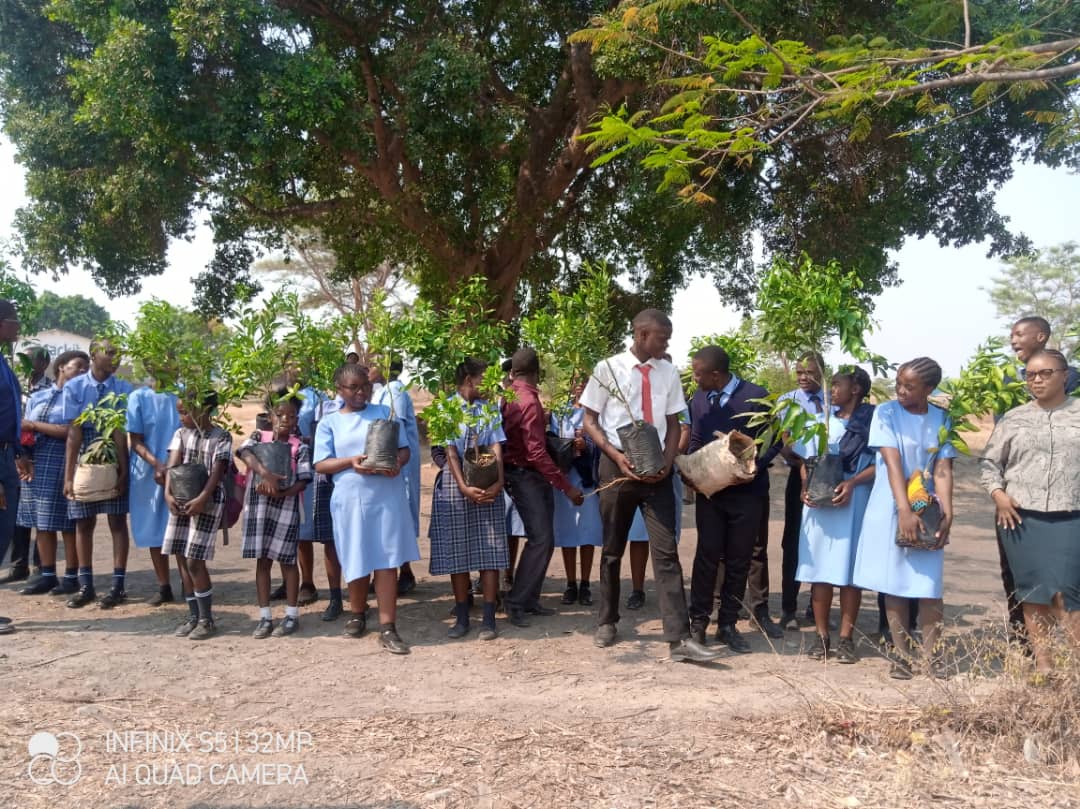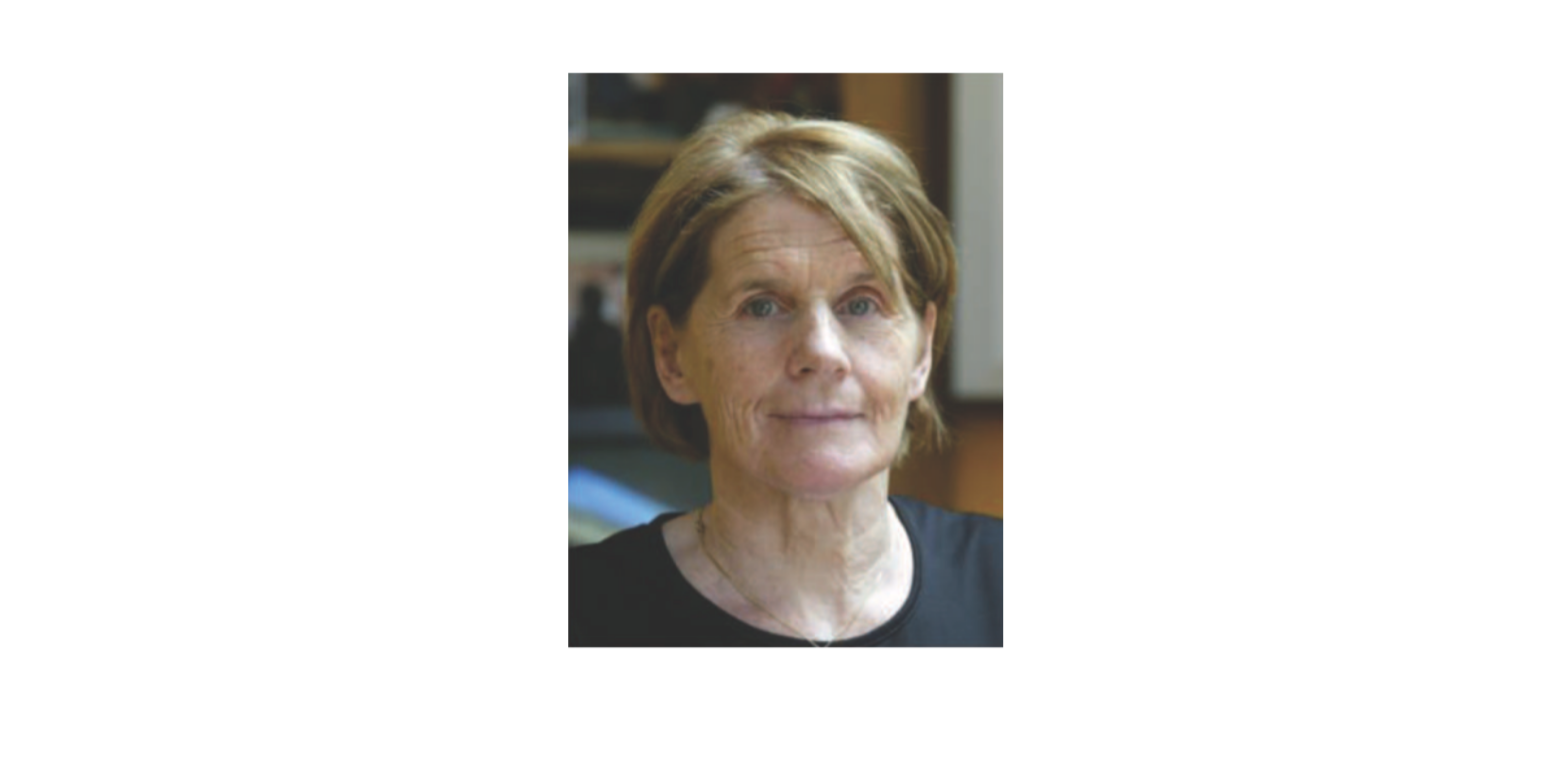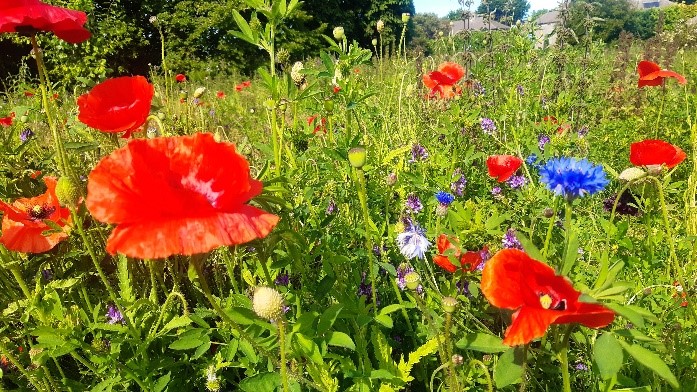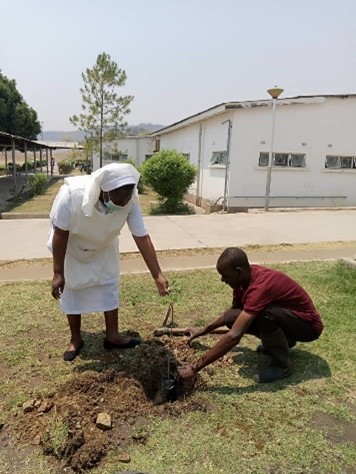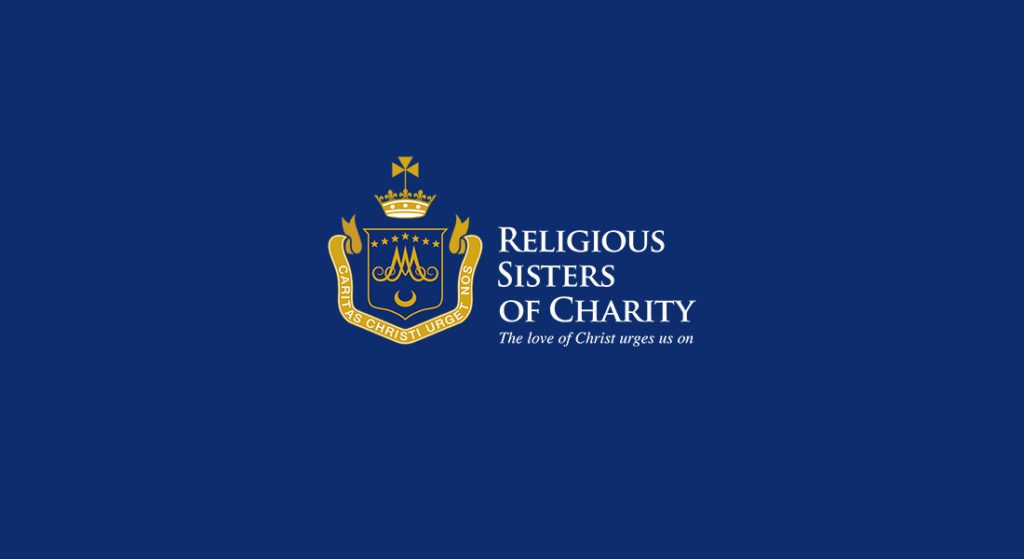
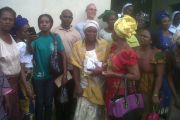 The Religious Sisters of Charity worldwide is committed to the abolition of Human Trafficking and care of the earth. In the Nigerian Region, we join our Sisters in other part of the globe in this struggle. We are engaged in awareness raising and sensitization programmes in both rural and urban areas where we live and work. Using posters, flyers and drama we portray the reality of trafficking.
The Religious Sisters of Charity worldwide is committed to the abolition of Human Trafficking and care of the earth. In the Nigerian Region, we join our Sisters in other part of the globe in this struggle. We are engaged in awareness raising and sensitization programmes in both rural and urban areas where we live and work. Using posters, flyers and drama we portray the reality of trafficking.
We visit Schools both secondary and primary, meet with the Council of Elders, women and youths in villages and we also take our awareness raising to the Churches. The response of most people is shock and anger. The question often asked is What is the Government doing about it? or What is the Church doing about it? Though something is being done by the Church in Nigeria and by the Government they need to do more. (A selection of photos of the awareness raising with various groups is shown below).
The rate of human trafficking in Nigeria is alarming. Young women, some of whom are minors, coming from poor backgrounds, who are weak and desperate, have been deceived even by people, even friends and close relatives, who promise to take them abroad, provide good jobs for them and help them to live a better life. However the reality turns out to be very different. They are coerced into working as prostitutes and held in that state through violence, debt bondage or other forms of coercion. They are used for commercial sexual exploitation, forced labor, slavery and for ritual purposes. The traffickers are constantly developing new strategies of carrying out their business. Factors responsible for the rise in trafficking in Nigeria include: breakdown of family values, greed, poor education, political factors, poverty, ignorance and fear, unemployment, irregular salaries, abusive living condition, demand for sex workers, inequality and certain cultural practices.
We have a suspected case of internal trafficking of two girls, Vera and Joy (not real names) in our neighbouring community here in Delta State to Lagos and Ogun State probably for ritual purposes. The girls were deceived with promises of work as sales girl and house maid respectively. After being brought to Lagos Vera overheard conversations and understood that they were in danger. She was rescued by a petty trader who accommodated her and she met one of our sisters who made the connection for her to be brought home. Following the escape of the two girls Joy was also returned home by the traffickers with instructions to deny Vera’s account of what happened.
We work in collaboration with COSUDOW (Committee for the Support of the Dignity of Women). This Committee was formed by the Major Superior’s Conference of Nigeria and NAPTIP (National Agency, Prohibiting Trafficking in Persons) formed by the Federal Government of Nigeria. NAPTIP have highlighted a recent case of young women being trafficked by Nigerians into Libya and the details have received wide coverage in Nigerian media. Prosecuting the traffickers is proving difficult but NAPTIP are continuing to make efforts to bring this matter before the courts. One of those who managed to return to Nigeria with assistance from NAPTIP and another NGO has told her story.
An auxiliary nurse, this young woman had high hopes when she was introduced to someone “who takes people to America”. She was filled with dreams of a good job and a better life once she arrived in America. She paid N1,000,000 to the person to arrange her trip. However, instead of being sent by air trip to America she was brought on a road trip from Lagos to Kano and across the desert to Tripoli, Libya, arriving after a horrific journey that took 11 days to complete. “Some people”, she says “were falling off the truck and dying on the way”. They were moved from Kano to Niger and from Niger to Libya. At each point they were handed over to a different group of traffickers. At the house in Libya to which they were brought there were up to 100 girls and they were sleeping up to 20 in a room. Two of the trafficked girls died in her presence. She is one of the fortunate ones who was assisted by a human rights group and she was helped to return to Nigeria. (See NAPTIP website for full story).
[widgetkit id=36]


